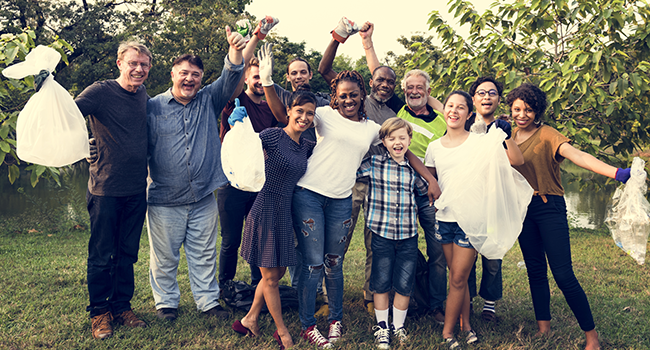Addicts are usually very selfish beings. Not that anyone can hold that against them, really. It is, after all, a byproduct of their condition. Addiction can make anyone suffer from severe tunnel vision and inability to empathize. How to regain the ability to be selfless and caring for someone else but yourself? By slowly chipping away at the self-imposed shackles of selfishness most addicts have chained themselves up with.
But how? How do you get out of the routine of caring only for yourself?
To begin, it is important to remember that addicts generally being selfish do not make them bad people. As a rule of thumb, anyway. There are always exceptions of course, but we are talking about the overwhelming majority here.
Midbrain once again is at the front and center of today’s topic. It dominates so many addiction related issues for a very good reason. Without repeating ourselves too much from our previous article, midbrain governs impulsive satisfaction of urges, desires, and needs. Since addiction and drug use in general hyper-stimulates this particular part of our brain, it has a proverbial monopoly on blood supply. This allows for midbrain and its urge satisfying functions to dominate the addict’s behavior.
Selfishness as a character trait becomes more and more prominent in the addict as the time passes and the disease takes hold. This can cause the addict to distance themselves from people they used to love and care for. It can turn a social and loving person into a social outcast and a pariah.
Service as a tool for recovery
What does one do when a scale is lopsided? You must add to the short side until equilibrium is restored. Sounds simple, and in theory, it really is, however when it comes to applying this idea in real life, various obstacles begin to appear.
Selfless acts, generosity and community service contribute to addicts recovery because it stimulates entirely different part of the brain, specifically, the frontal cortex. This is where the brain considers and processes wisdom, calculated thought, pre-meditated actions, and empathy. Stimulating this area of the brain with acts of kindness and selflessness the addict is able to control his impulsive urges of the midbrain, which would make him act selfishly and without a solid scale of values.
The aforementioned obstacles that make this process so hard are the resilience of our brain. It can be both a blessing and a curse at times. For an addict to become addicted, this resilience is broken down with help of drugs and various addictive substances. Changing the way your brain operates without such “help” is much harder than one might think.
It takes many years of rigorous training by doing community work, helping people move their home and generally helping others out in one way or another, for the brain to accept this kind of behavior as the norm.
Speaking of norms in brain activity in the context of addiction is almost silly. There is no such thing really, knowing how different each and every one of us is. If you present a situation to 100 people, you will witness 100 different ways of dealing with said situation. Sure, there will be similarities, but ultimately for one human being to deal with a challenge or an obstacle in an identical way as someone else is practically impossible. Our individual way of thought is as unique as our DNA sequence or fingerprints.
It is highly recommended and encouraged in most self-respecting rehabs to do some kind of selfless act every day, as little and insignificant as it may be. Help someone with carrying something heavy, lend them a needed item for a while. Even just complimenting someone on their appearance or actions goes a long way towards addiction recovery. Every little bit counts.
Be selfless. Be kind. Be considerate. Sounds easy enough, but for an addict to reach a point in their lives where this kind of attitude comes naturally is a huge stepping stone towards recovery. One stepping stone of many, but every one of them counts.
Latest posts by Darren Lockie (see all)
- Cocaine burnout - February 25, 2020
- What is pathological lying? - February 21, 2020
- Ireland’s growing drug problem - January 20, 2020
+66 8 7140 7788









